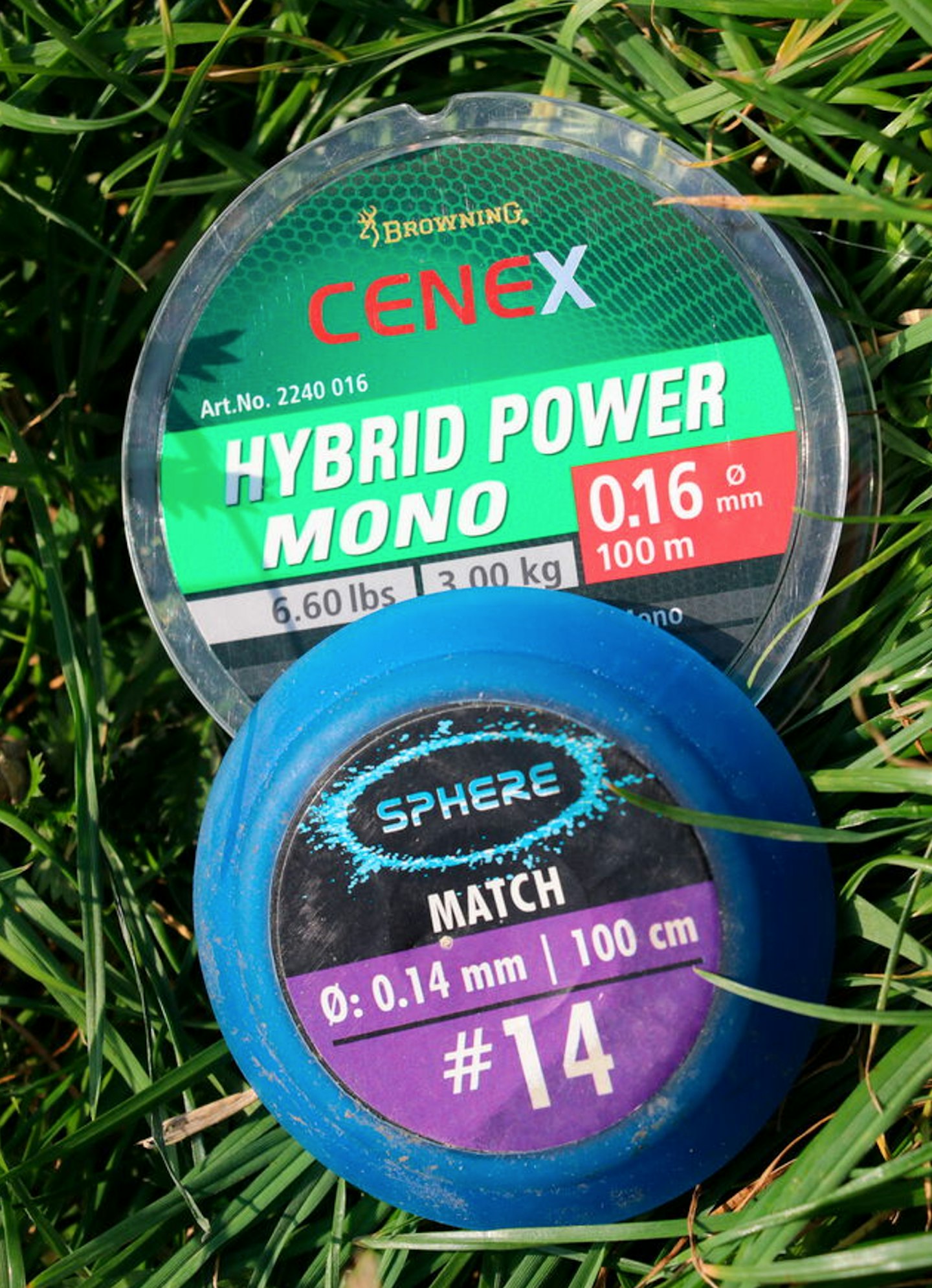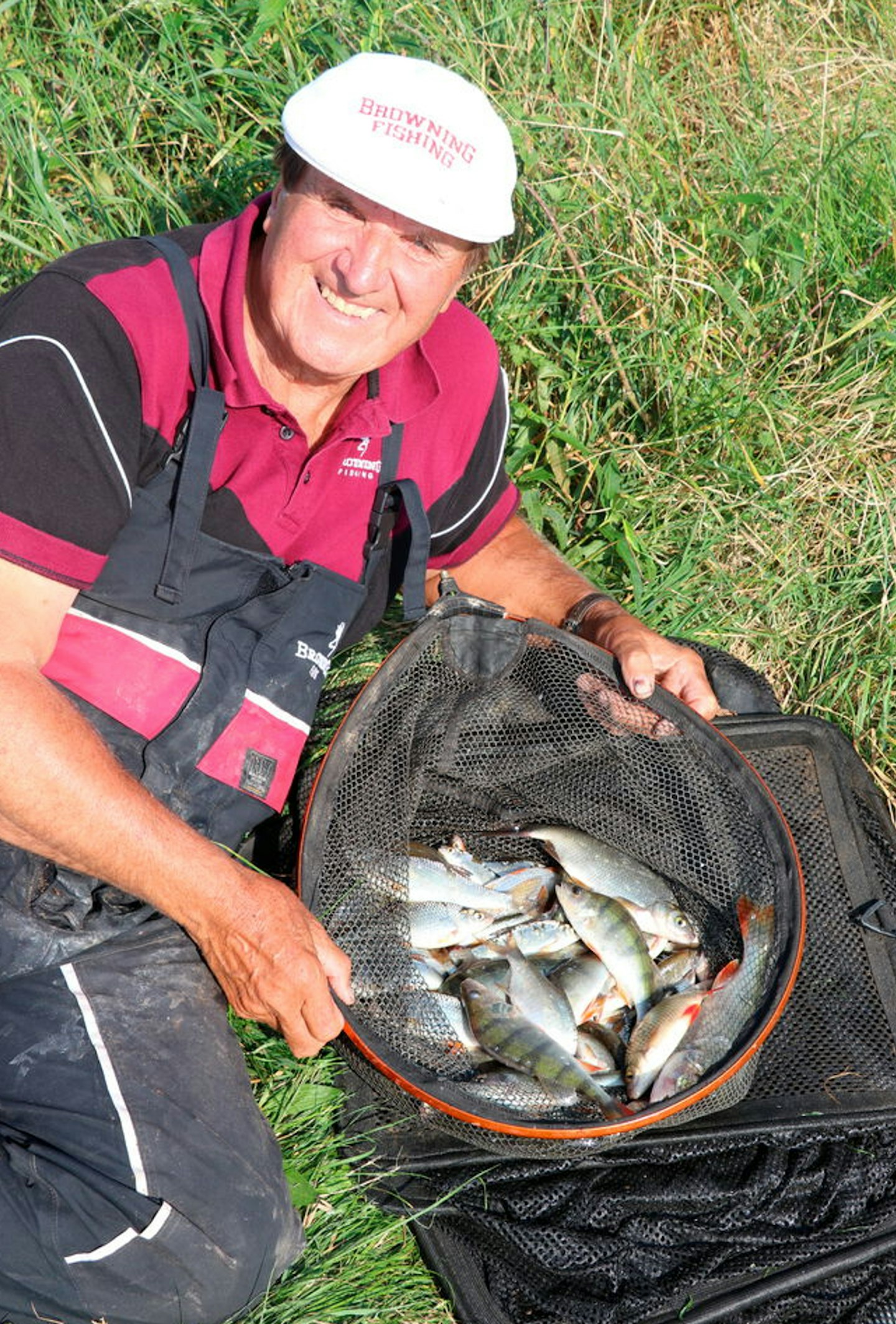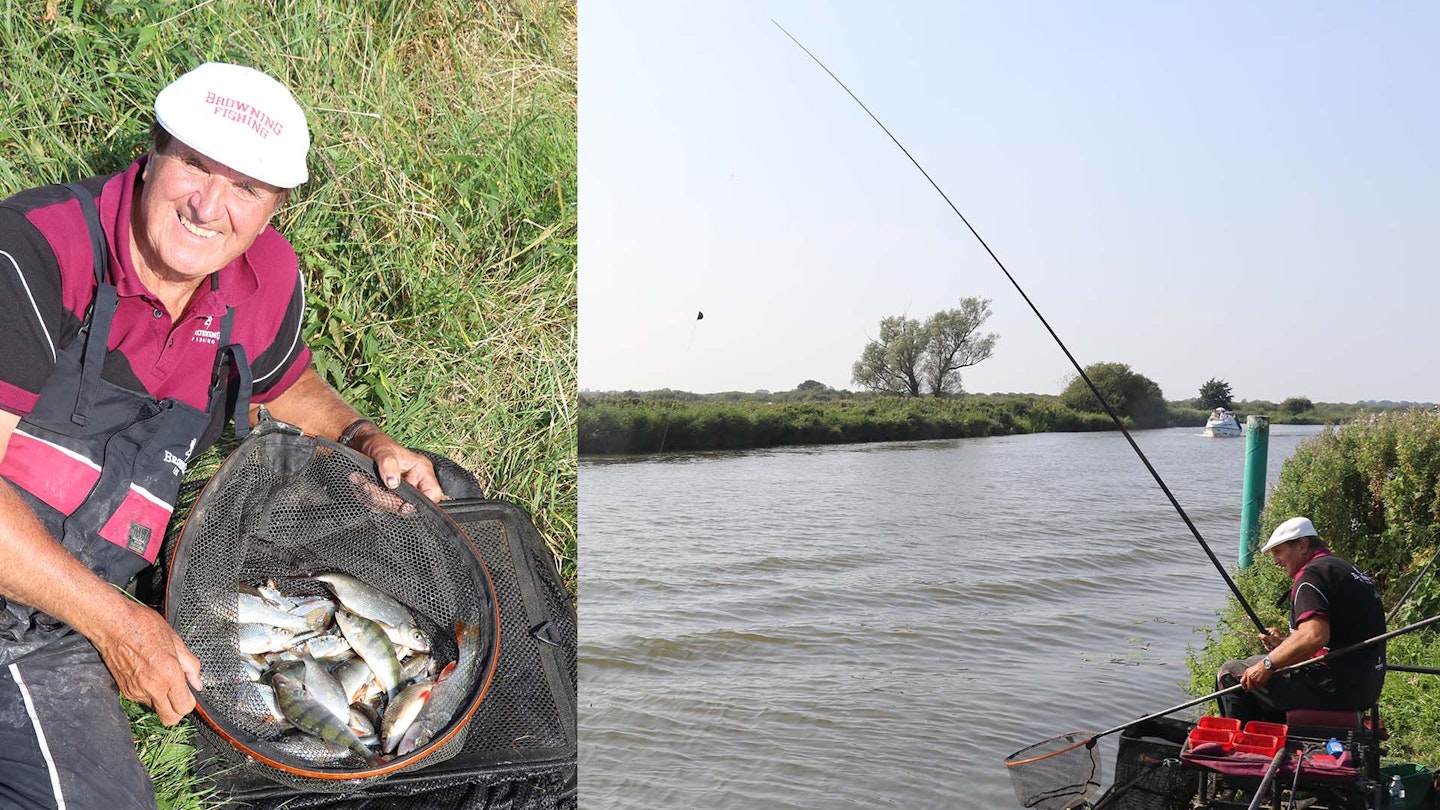Too many anglers have preconceived ideas about the flat float – they think it’s only useful for keeping a bait dead still and catching big fish on powerful rivers.
Twenty years ago, they’d have been right, but tactics and technology change. Today, flat floats are regularly used to run the bait with the river’s current and catch smaller fish – especially roach.
Here's how to do it...
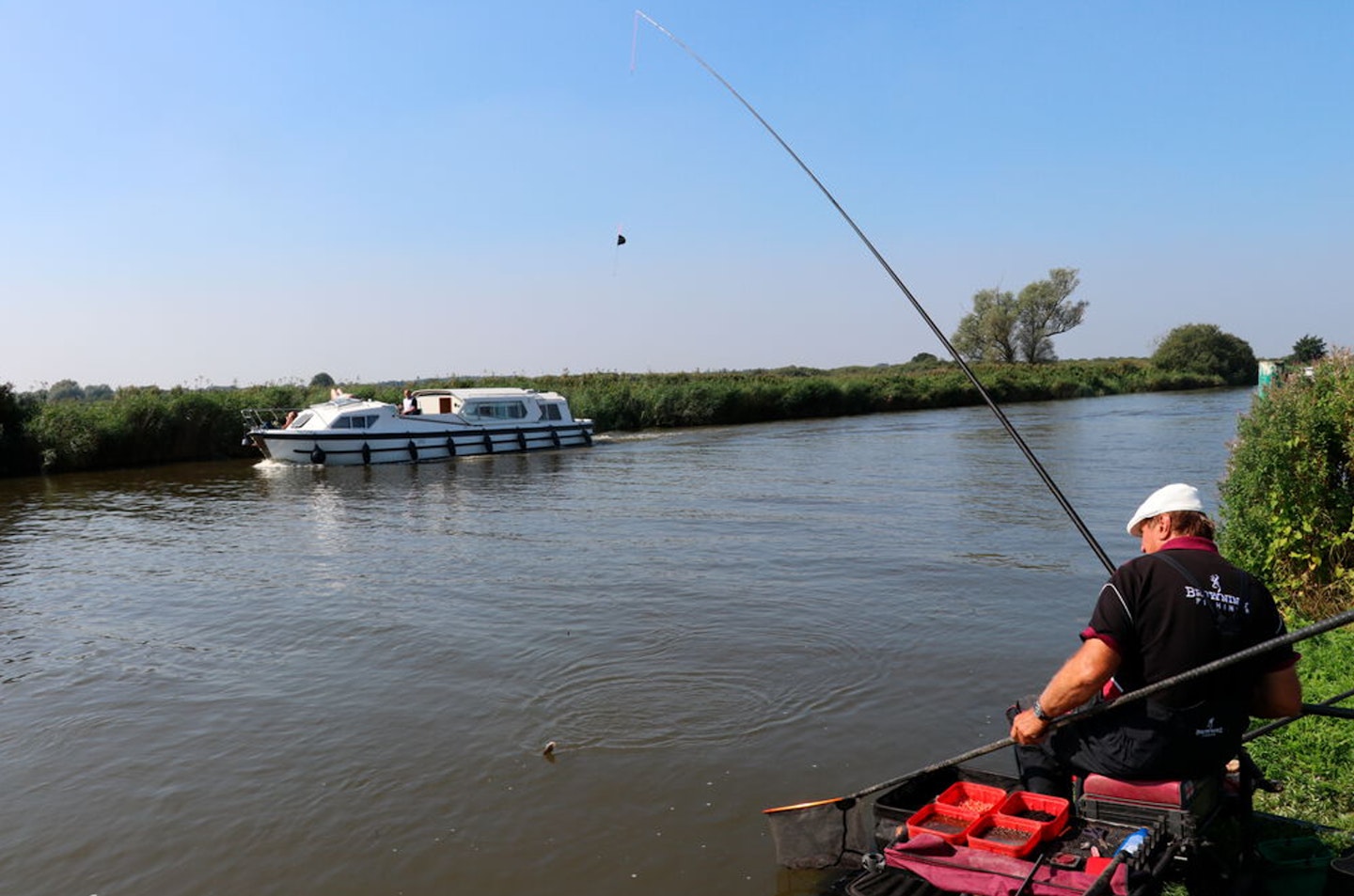
Choose your float
You need a body shape that’s got half to three-quarters of a body (right) as opposed to a full body (left). This creates less drag when run through. I’d only use the full-bodied float if I wanted to nail the bait still.
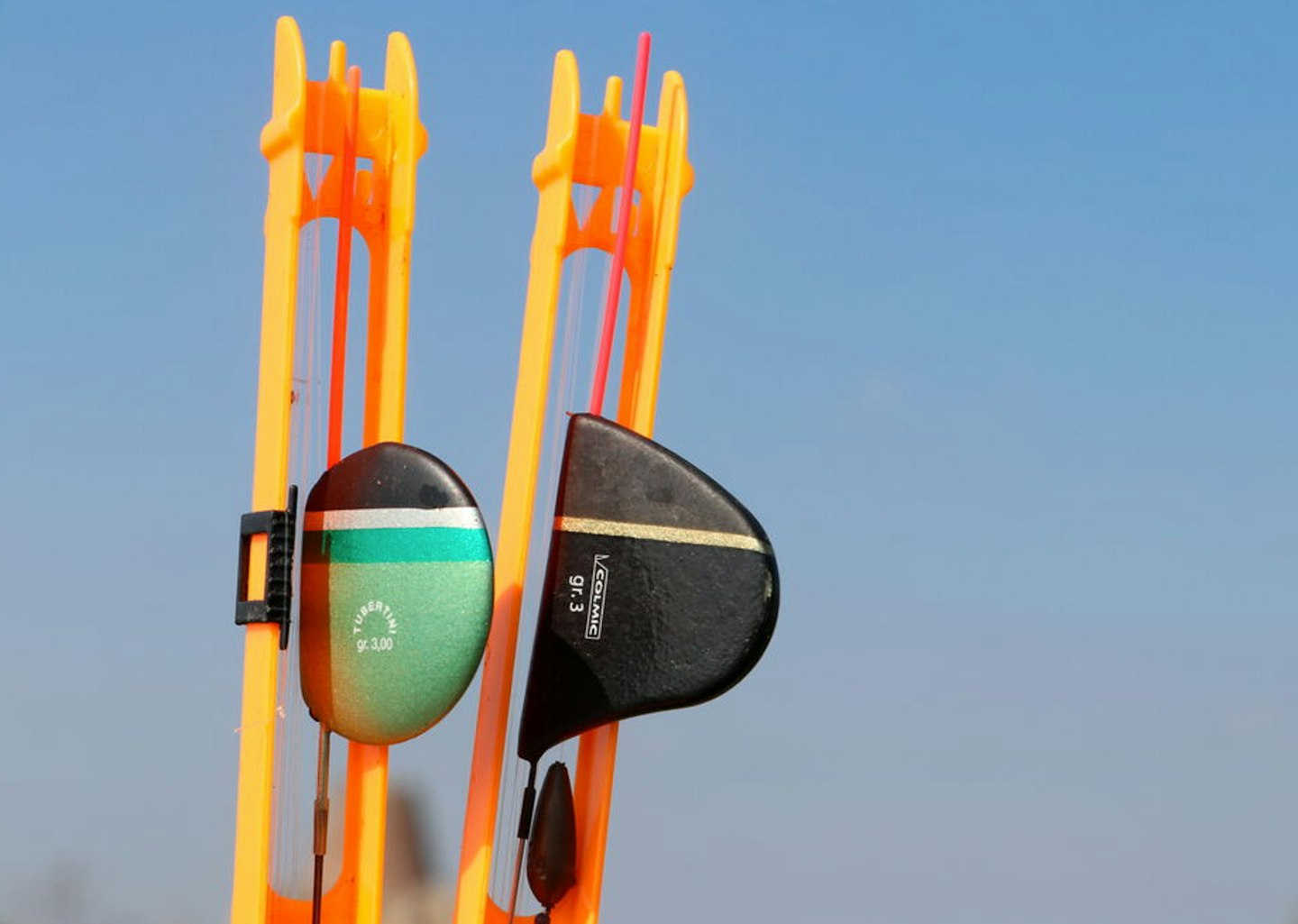
Match size to the pace
Float size depends on how slowly I want to run the float down the peg. If this was a quarter of the river’s pace, I’d need a bigger float, but if I wanted it to go at three-quarters pace, I’d go smaller.
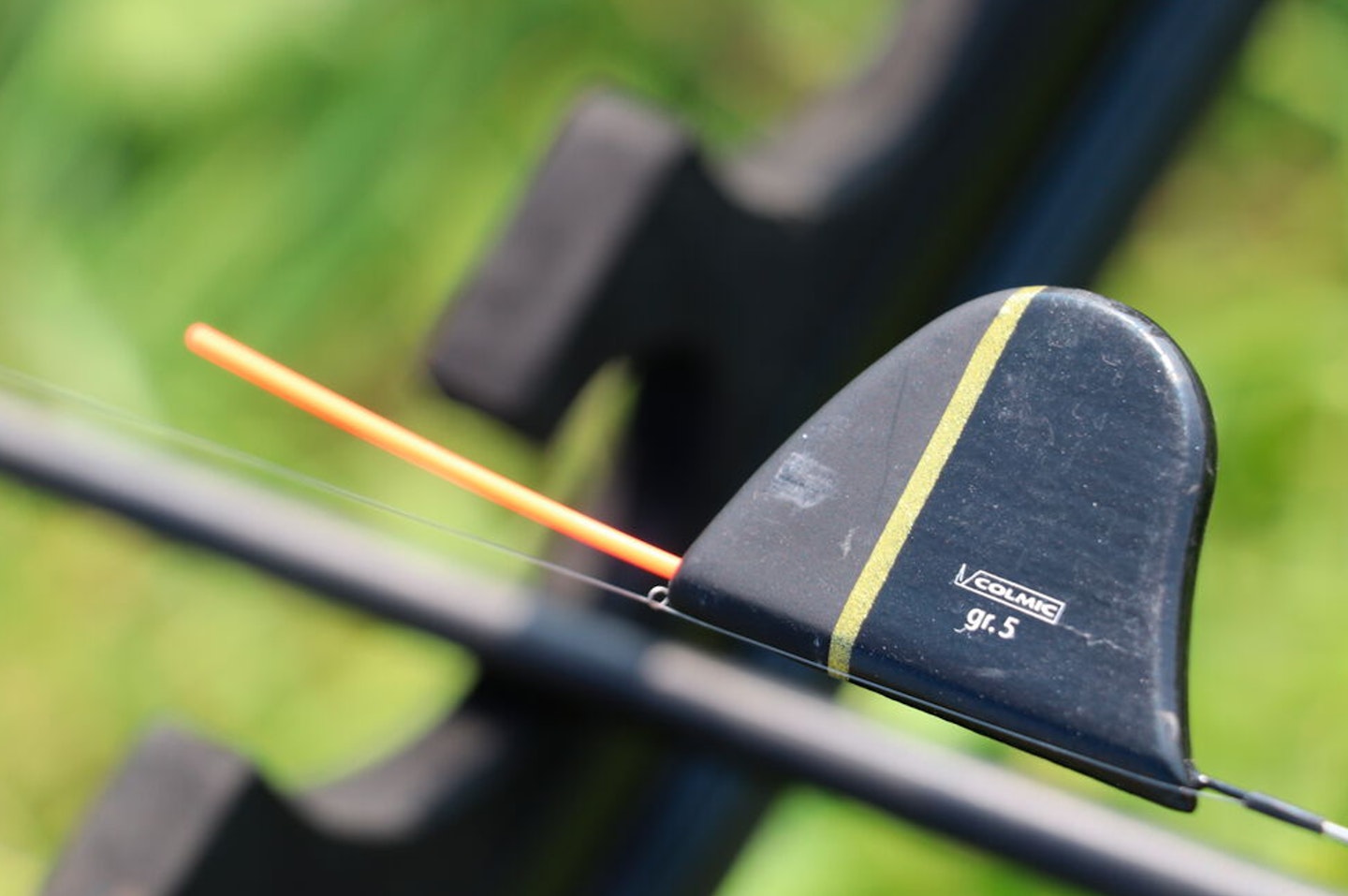
Cup in groundbait
Loosefeed plays no part in my feeding attack. Instead, groundbait is a must, and I always cup this in so that the ball goes straight down without breaking up too early and drawing in smaller fish.
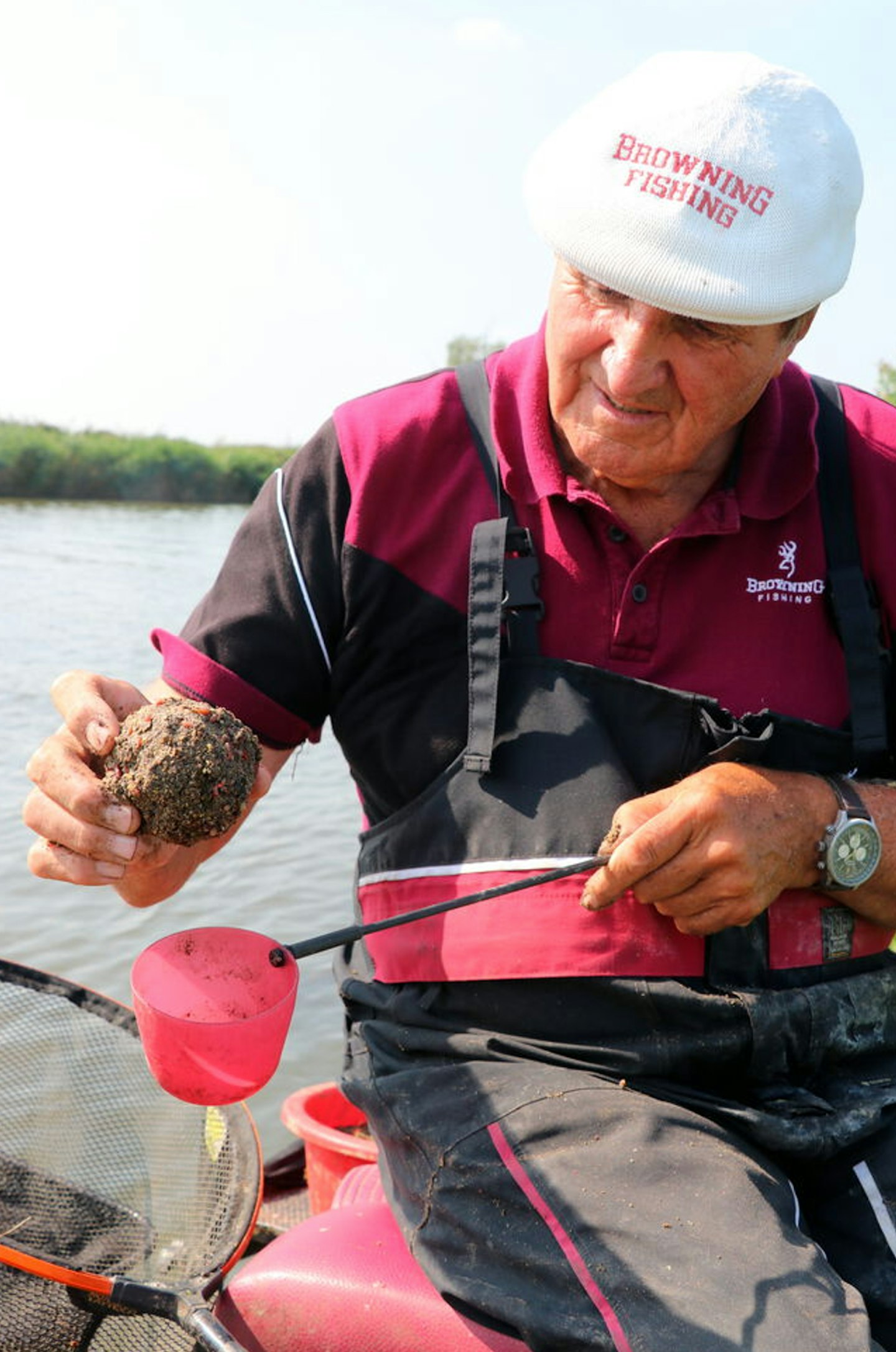
Plumb up right!
You need a clip-on plummet, fixed to the bottom dropper. Plumbing up so that just the tip of the float is showing, I know the whole hooklength is laid on the bottom, with the final dropper just off the deck.
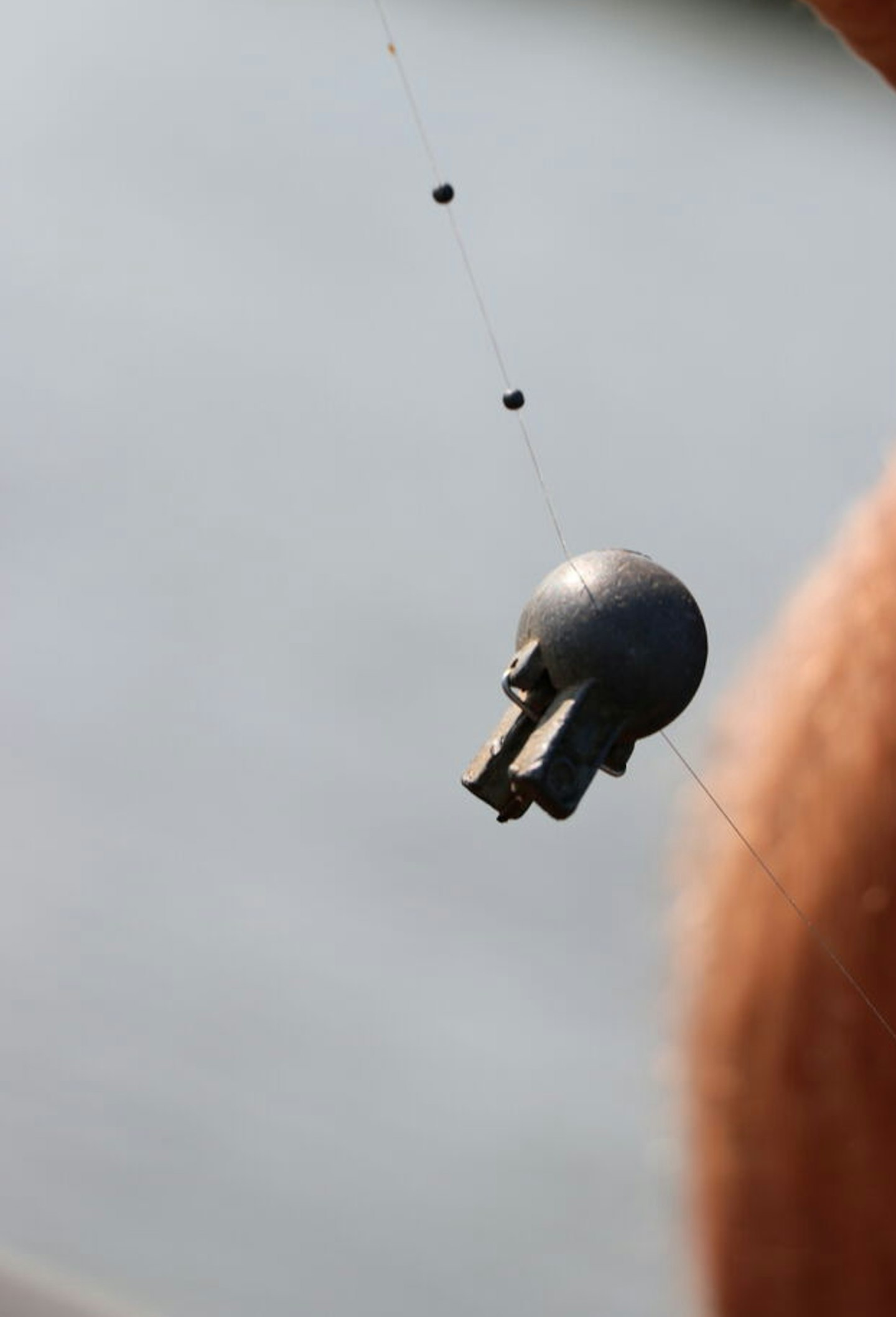
Setting the hook
On the strike you need to pull through the weight of the float and against the pace of the river, so you need substantial elastic. I use a hollow Browning Microbore in the pink grade (7-9 in old money).
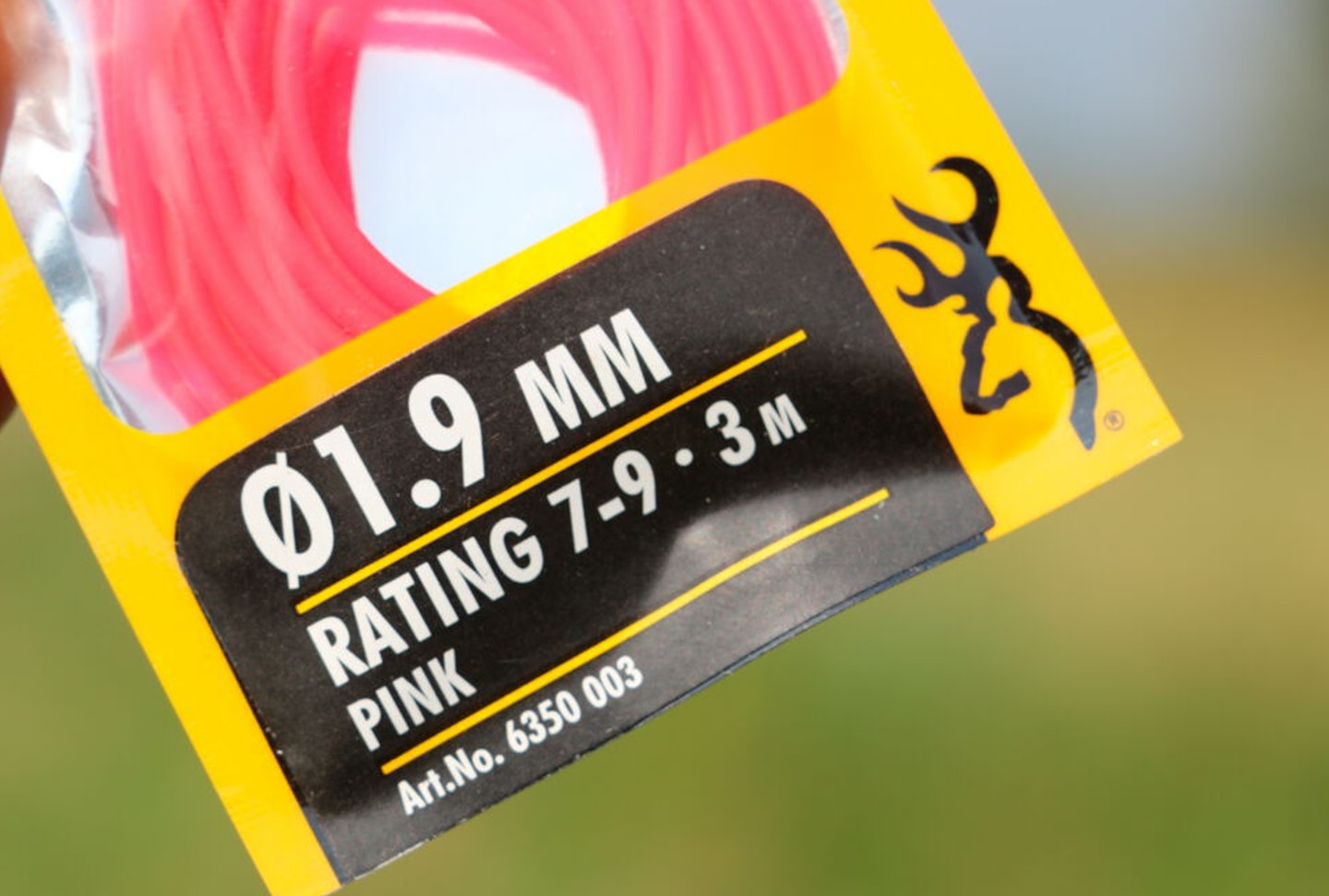
Don’t fish too light
Light lines and small hooks aren’t needed, as the flat float is a very positive way of fishing – we’re talking 0.16mm mainline, an 0.14mm hooklength and a size 14 or 16 wide gape hook.
